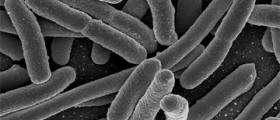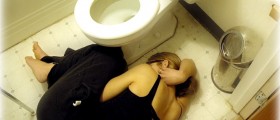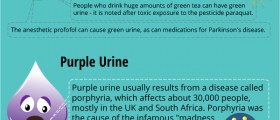Escherichia coli is a major component of the normal intestinal flora. It is widely present in the human body and environment. Most Escherichia coli have a beneficial and even essential role to play in the human body. However, there are also negative types of the bacteria that do exist. These negative e coli are responsible for numerous human diseases and problems. Diarrheal illness is amongst the possible problems that one might suffer as a result of e coli infection. Hemolytic uremic syndrome is another potential problem that might be experienced.
About e coli
It seems the frequency of e coli infection is increasing in the modern world. With regard to developing nations and poorer countries, there are many strains that exist and can cause problems. The statistics with regard to the spread of infection are varied, but worldwide there are an estimated six hundred million cases each year. The problem results in about seven hundred thousand deaths annually, in those who are under the age of five. The bacteria accounts for about two hundred and ten million episodes of diarrhea each year, along with three hundred and eighty thousand deaths related to diarrhea. Many e coli pathotypes have been implicated in the onset of chronic diarrhea, particularly with regard to those also suffering from immunosuppression. The condition can affect people of any age, but the elderly and the very young are the most vulnerable to the bacteria.
Symptoms and risks
Symptoms can be hard to differentiate with regard to other conditions, but in general, those who suffer from e coli infection might experience apnea, jaundice, fever, hypothermia, vomiting, diarrhea, fussiness, irritability, breathing difficulties and lethargy. In the case of diarrheal illness, one should seek to determine the frequency of the stool, its appearance and whether or not there is blood present.
Physical appearance and behavior might also be altered by the onset of a bacterial infection of this kind. Look for evidence of dehydration. A patient might appear ill and could display tachycardia and dry mucous membranes. There may also be sunken fontanelle or eyes. Weight loss can help to determine the degree of dehydration, if it has occurred. Patients might also suffer from abdominal pain or bacterial enteritis. If examining a potential sufferer, be sure to examine the anogenital region, especially with regard to those who suffer from urinary or abdominal symptoms. Examination could also reveal vulvovaginitis, perianal excoriation or anal fissures.

















Your thoughts on this
Loading...